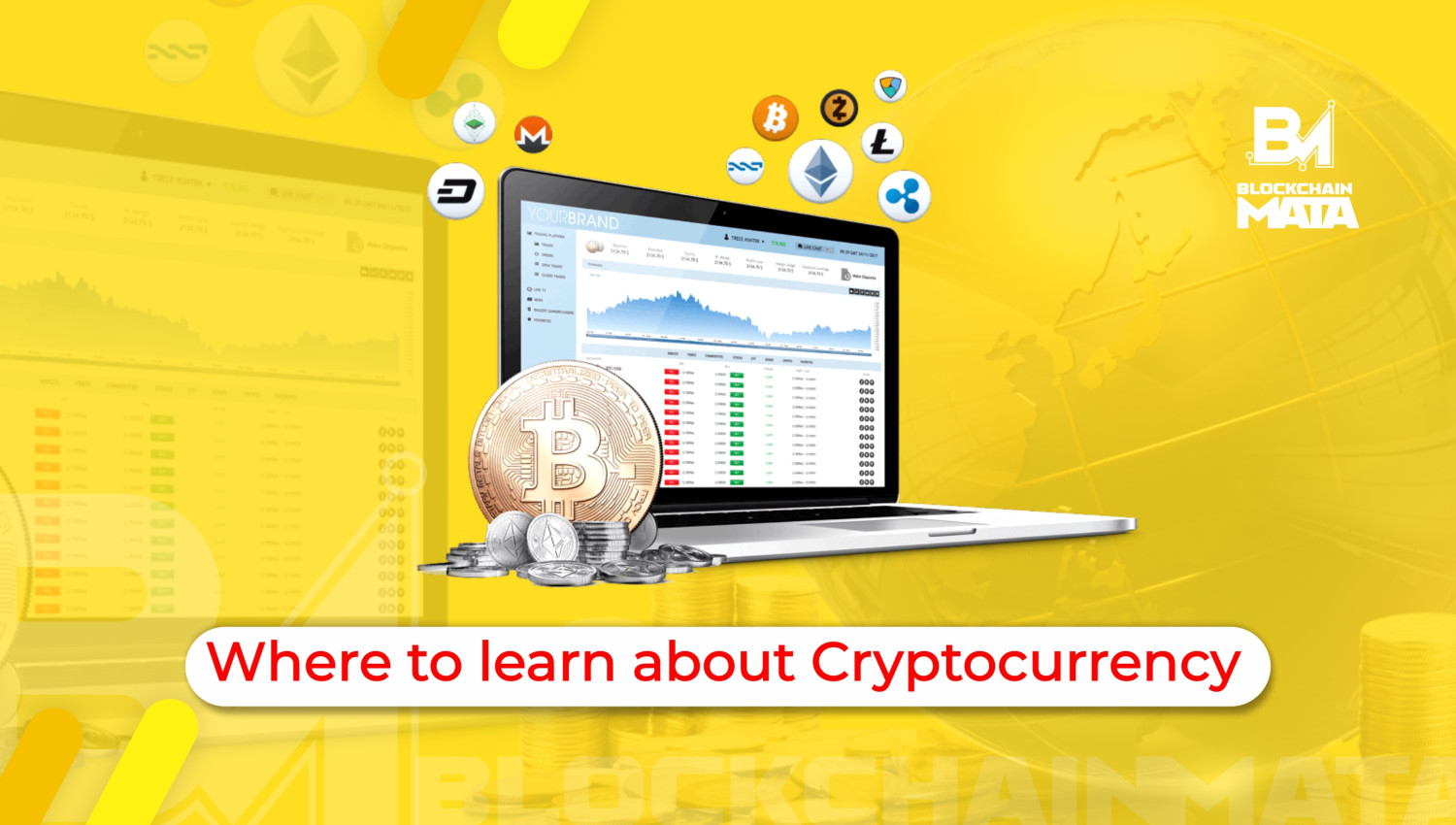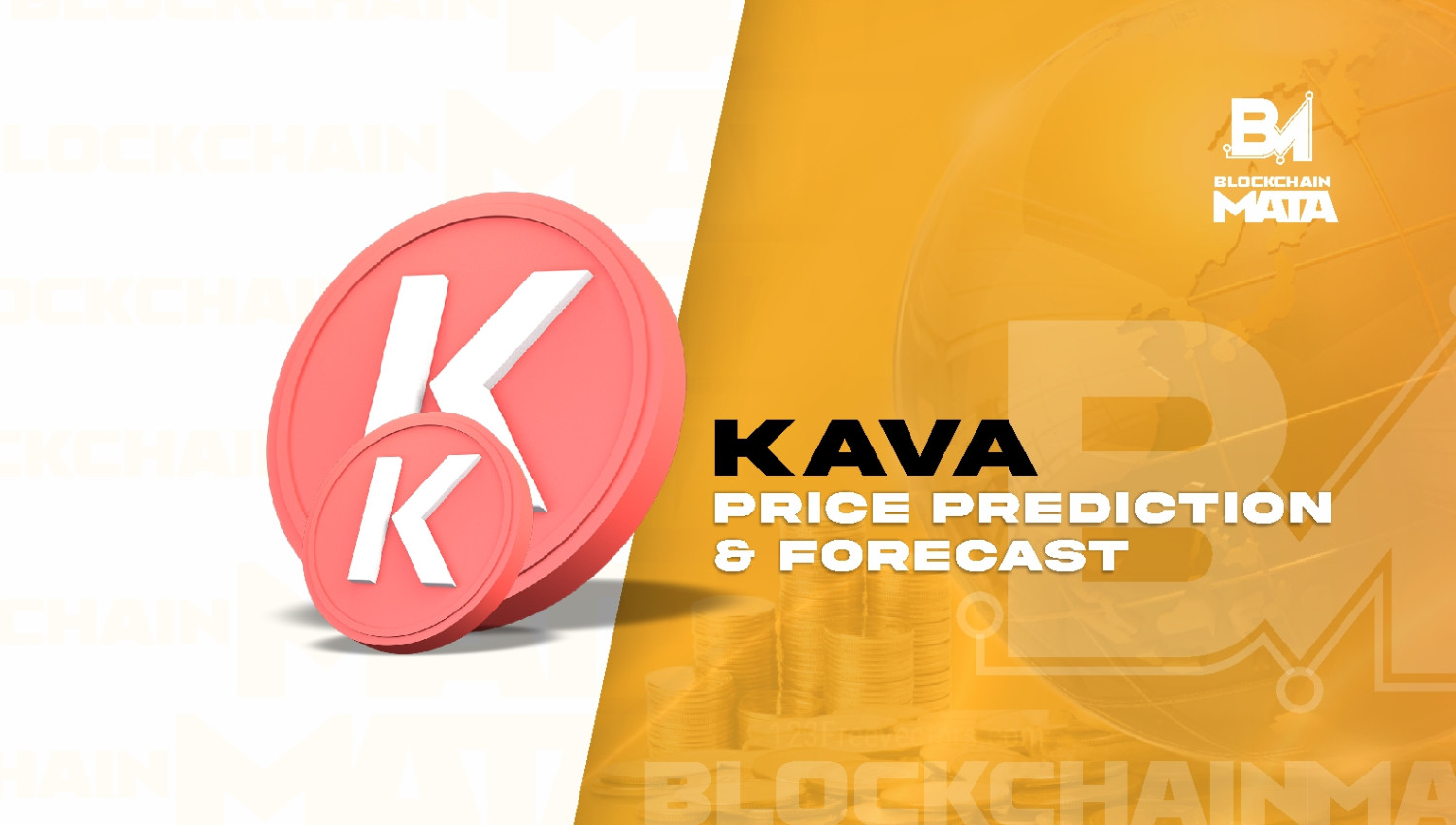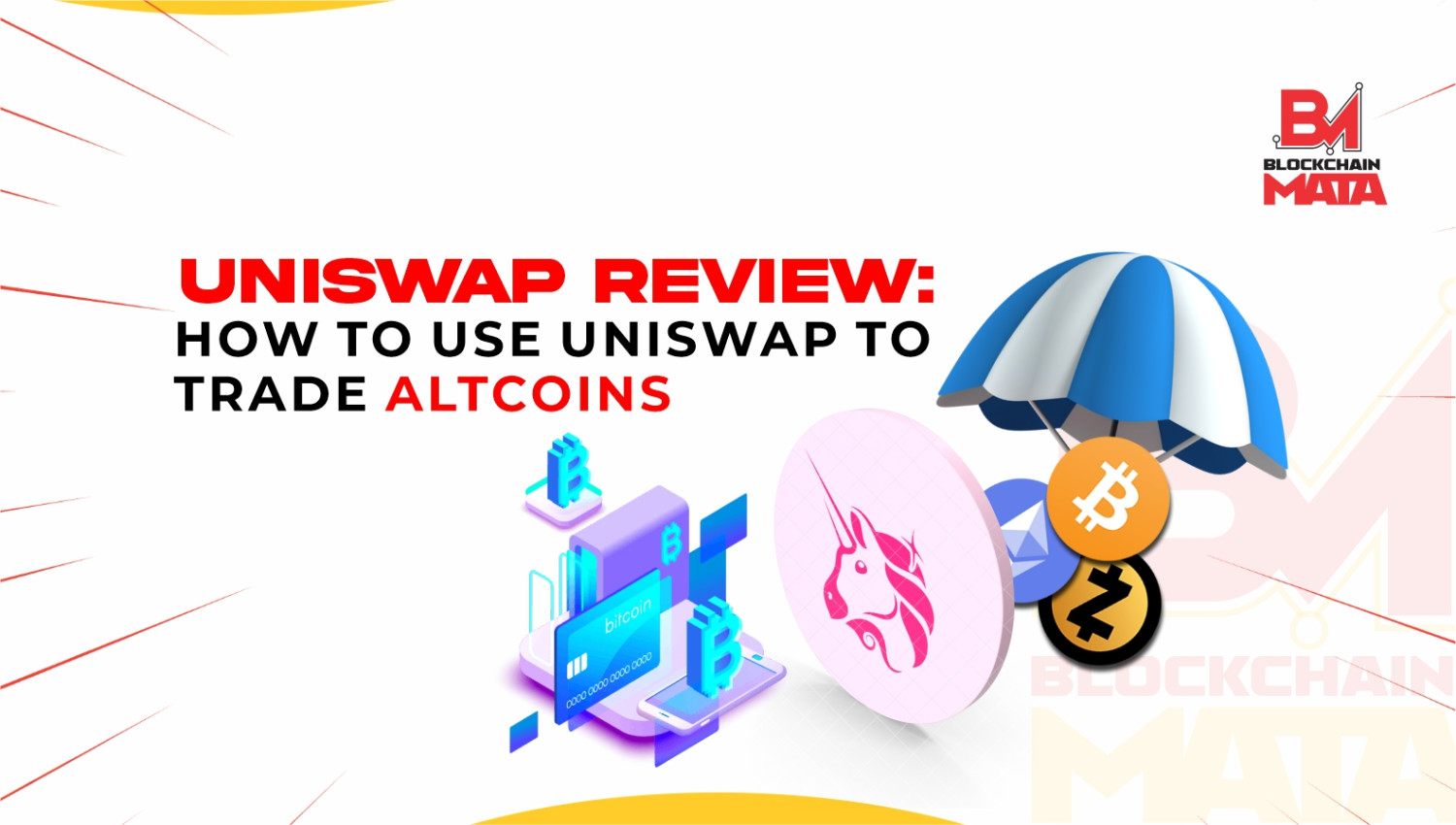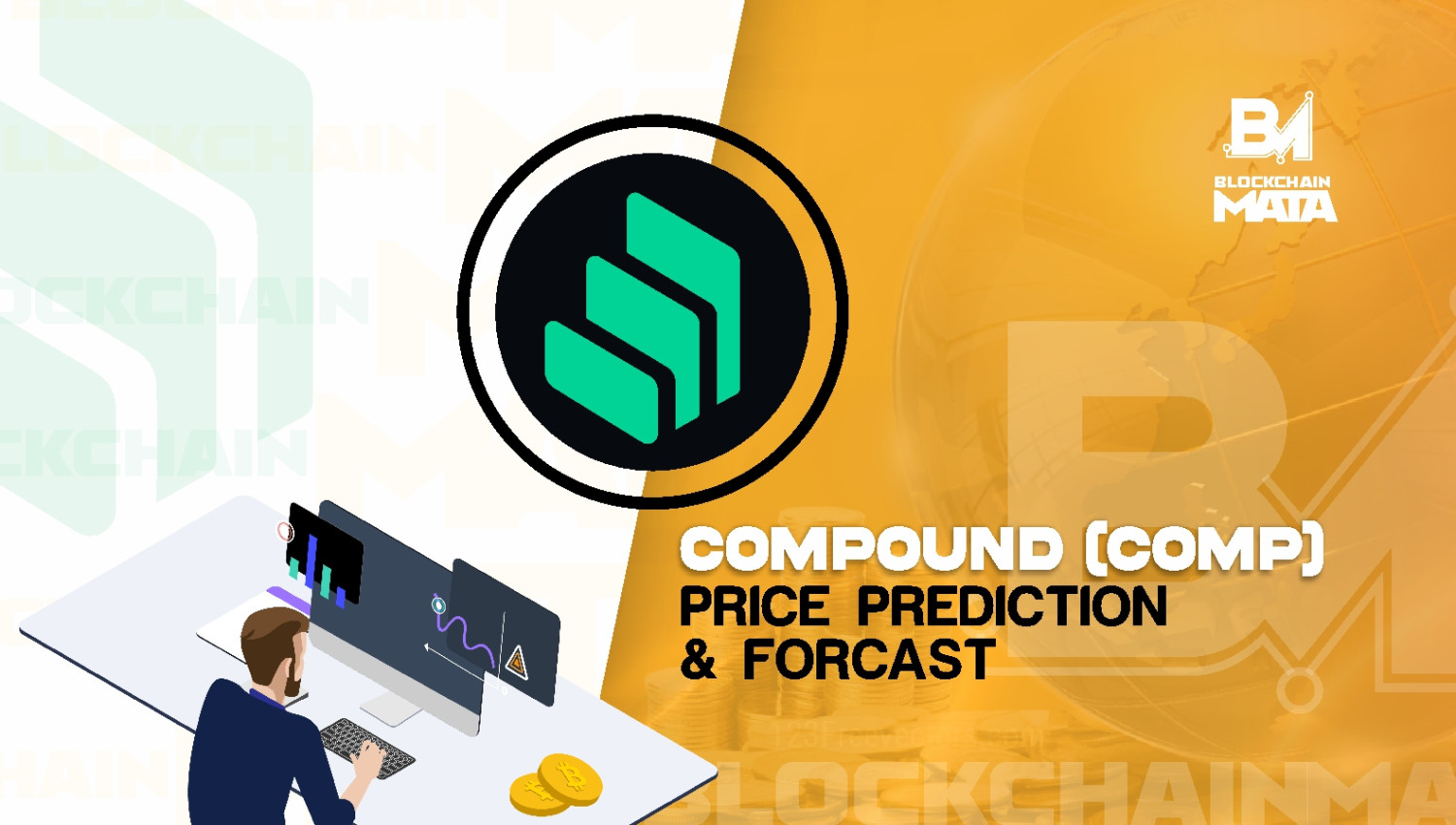Solana Blockchain
1 year ago By Okpala Oluchukwu
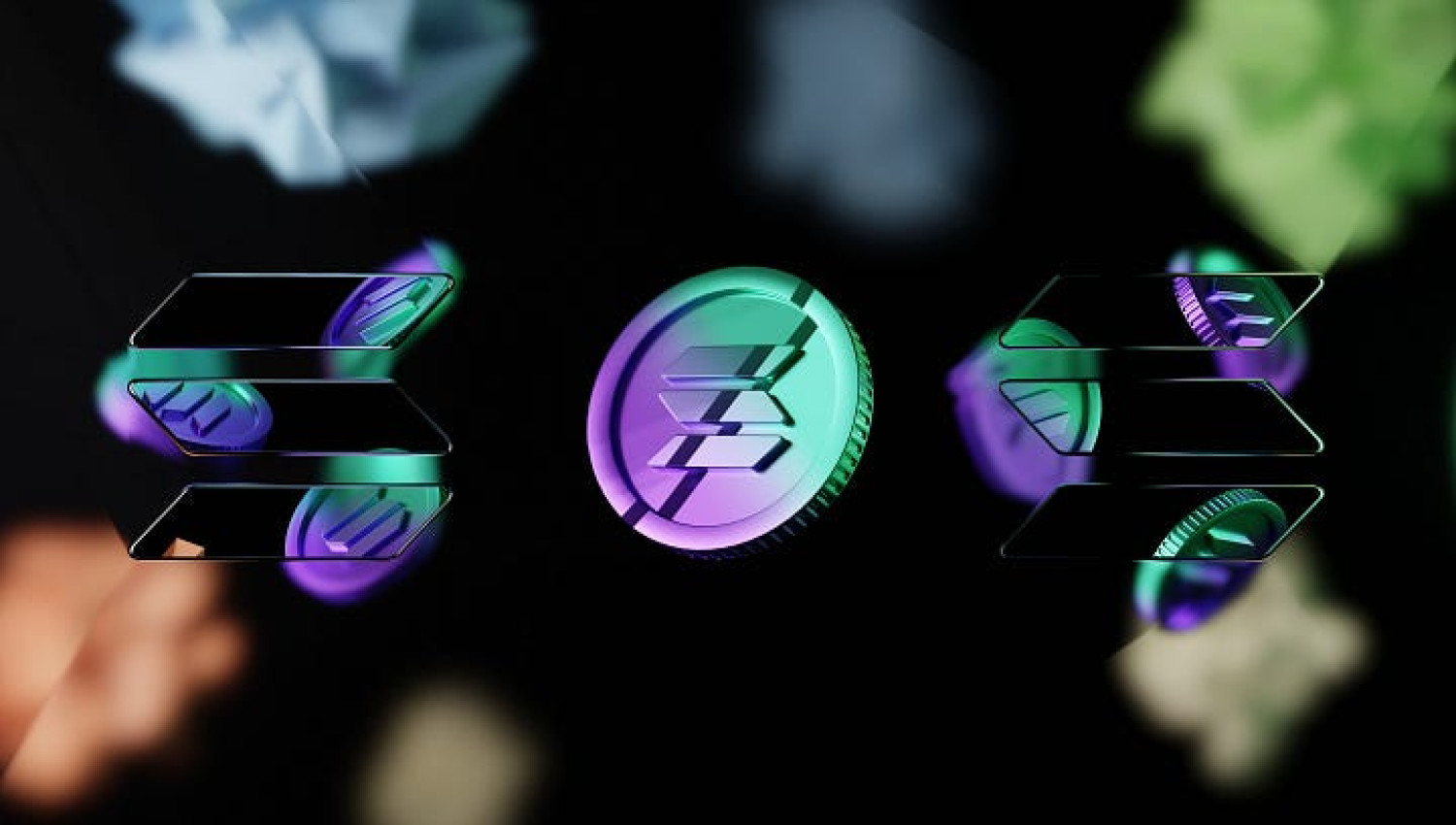
What is Solana?
The Solana blockchain is a blockchain like every other before it, except with a little more jazz and upgrades to it. It is an open-source project designed to host decentralized, scalable applications. It was founded by the Solana foundation in 2017. The cryptocurrency that runs on this blockchain is also known as Solana and it uses the ticker symbol - SOL.
Compared to other rival blockchains like Ethereum which can not process up to 30 transactions per second (tps), Solana is designed to process over 700,000 transactions per second on a standard gigabyte network, if the transactions are on average, no more than 176 bytes. Added to its high tps, Solana also charges transaction fees as low as $0.00005 while for other blockchains, fees are comparably higher.
Features of Solana:
SOL: SOL is the name of Solana’s native token. Like every other native token, SOLs are given to nodes in exchange for validating their output. SOLs can also be used to gain voting rights for decision-making or run an on-chain program. SOLs can also be found in smaller denominations. These smaller denominations are known as Lamports, named after Leslie Lamport, a famous scientist known for his technical influence on Solana.
Dual Consensus Algorithm: Solana majorly, uses the Proof of Stake consensus algorithm, supported by a core innovation from Solana itself, Proof of History.
Proof of History: PoH is a consensus algorithm concerned with time verification. Simply, what this does, is assign time to transactions as they are made and validate them in order. Before this innovation, blockchains had to rely on off-chain centralized programs to post a ‘median’ timestamp to transactions in the order they were received. Using a centralized source defeated the sole purpose of decentralization in a ledger and so Solana itself invented the algorithm; Proof of History, which allows timestamps t be built into the blockchain. While this feature won’t give the exact time, e.g 1:00 PM, it is built to tell when in the past or future of the global state machine a transaction took place.
Proof Of Stake: Proof of Stake is an algorithm that enables nodes to stake the native token SOL for a chance to validate transactions. Read more about PoS HERE.
Scalability: As earlier discussed, Solana processes quite a large number of transactions at a faster speed than most distributed systems. Even with such high Tps, transaction fees are often under 1 cent.
Solana Cluster: A Solana cluster is a group of validators working together in a system. These clusters may be viewed as a single entity as they serve the same purpose and work to maintain the integrity of the ledger. This ledger is a record of events produced by the cluster. Clusters could co-exist, and sometimes even work against each other. As the end justifies the means, the end result of each cluster is to verify output even if they have to work with or against other clusters.
Pros of Solana:
-
High scalability: Solana is able to process more transactions per second than most blockchain platforms.
-
Low transaction fees: Solana charges very low fees as transaction costs, usually less than a cent. This is ideal for users looking to carry out microtransactions or high-frequency trades.
-
Fast verification and Validation: Transactions on Solana are confirmed within seconds and recorded in the ledger.
Cons of Solana:
-
Limit of Validators: Solana has only a thousand validators which consequently also increases the amount of voting fees to as much as 1.1SOL per day. The unavailability of validators also poses a risk of discouraging potential investors in the network.
-
Monolithic construction: Solana is a monolithic blockchain. This means that all its transactions like execution, network consensus, verification, etc. were all performed on the same network. With the limited amount of validators and this monolithic structure, Solana would not be able to keep up with its high scalability, and issues in security may even arise.
Conclusion
Solana with its unique features is a promising blockchain platform that offers high scalability at very low costs to its users. Even though it has some futuristic risks, it has room for more evolution and innovations.
